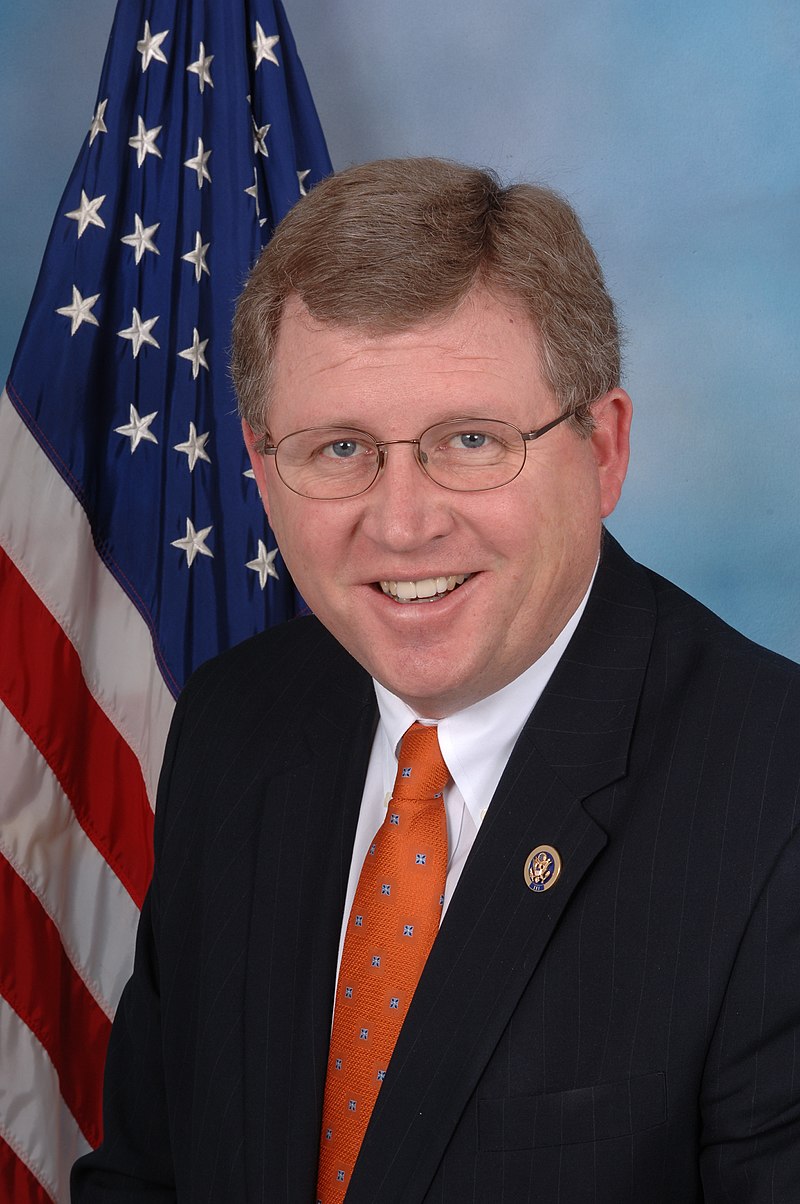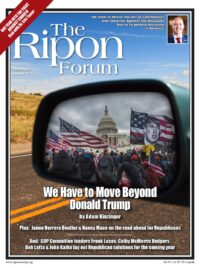
Since the COVID-19 pandemic began, Congress has spent nearly $6 trillion dollars on relief packages. Of that, only 0.1% has gone to restarting the research work stopped by COVID. We need to act quickly to change that.
America’s technological leadership and economic strength directly result from the dynamic partnerships among federal research facilities, universities, and private labs. This research industry pivoted quickly to fight COVID when it reached our shores. Universities turned entire veterinary labs over to process COVID tests. Tech companies partnered with government to create a High-Performance Computing Consortium that grants researchers access to supercomputers to do complex work like modeling virus spread and conducting studies on improving patient outcomes. National Labs have dedicated their world-class equipment to the fight as well. For instance, the Advanced Light Source at Berkeley National Lab is being used to examine COVID-19 antibodies. As the Perseverance Rover traveled to Mars, researchers at NASA’s Jet Propulsion Laboratory (JPL) designed inexpensive ventilators and respirators while researching virus inactivation.
It’s hard to overstate the importance of our research industry—not just to fight against COVID, but to all cutting-edge technological and economic development. That’s why Congress’ failure to provide support for American research is so problematic.
The longer our research remains stalled, the more likely it is that we’ll fall behind our foreign adversaries.
Researchers and labs that were unable to transition to work on COVID faced closures and disruptions from shutdowns and social distancing. The total research output lost from COVID is estimated between 20% and 40%.
In addition to our loss of research, we’re facing the loss of our researchers. Graduate students and post-docs are particularly vulnerable to lab closures right now. Research interruptions make it difficult to complete their studies and graduate on time, and job openings are scarce. Universities are instituting hiring freezes and, in some cases, rescinding job offers. According to the Science Careers Job Board, the number of faculty openings in sciences dropped by 70% in 2020.
This loss of professionals in science, technology, engineering, and math (STEM) could hurt our scientific productivity for a generation or more. As China threatens to overtake us on the global stage, we can’t afford that kind of setback.
The longer our research remains stalled, the more likely it is that we’ll fall behind our foreign adversaries like China on technologies like artificial intelligence, quantum information sciences, advanced manufacturing, and space exploration.
The consequences of that would be devastating. Not only would it hurt our economic competitiveness, but it would also create the potential for dangerous technological precedents. The country that paves the way in any given technology also sets the rules of the road for how it is designed and used. When it comes to industries of the future like artificial intelligence and space exploration, it’s critical that we lead with ethical, practical, and transparent standards. Without continued investment in our scientific enterprise, we risk taking a back seat to China, with all the economic and national security concerns that would entail.
COVID has disrupted many things, but by working together we can ensure it doesn’t put a stop to our scientific and technological progress.
Unfortunately, we can’t just flip a switch and restart the research work that’s been halted by the pandemic. There’s a cost involved in getting it back up and running, which is why COVID relief is so badly needed. Scientists need to cultivate new samples; field researchers need to reacquire equipment, permits, and tools; and labs need to figure out how to safely use and sterilize expensive and delicate equipment.
There is good news, however. There is strong bipartisan agreement that we need to invest in restarting our research industry. The RISE Act would invest $25 billion in funding to allow federal science agencies to make awards to research universities, independent institutions, and national laboratories. These grants will give researchers the resources needed to complete work that was halted due to the pandemic. Another bill to support early-career researchers also enjoys bipartisan support.
With so many contentious bills being debated in Congress, it’s refreshing to find widespread agreement on the need to support American science. COVID has disrupted many things, but by working together we can ensure it doesn’t put a stop to our scientific and technological progress.
Frank Lucas (OK-3) serves as Republican Leader of the House Committee on Science, Space, and Technology.




